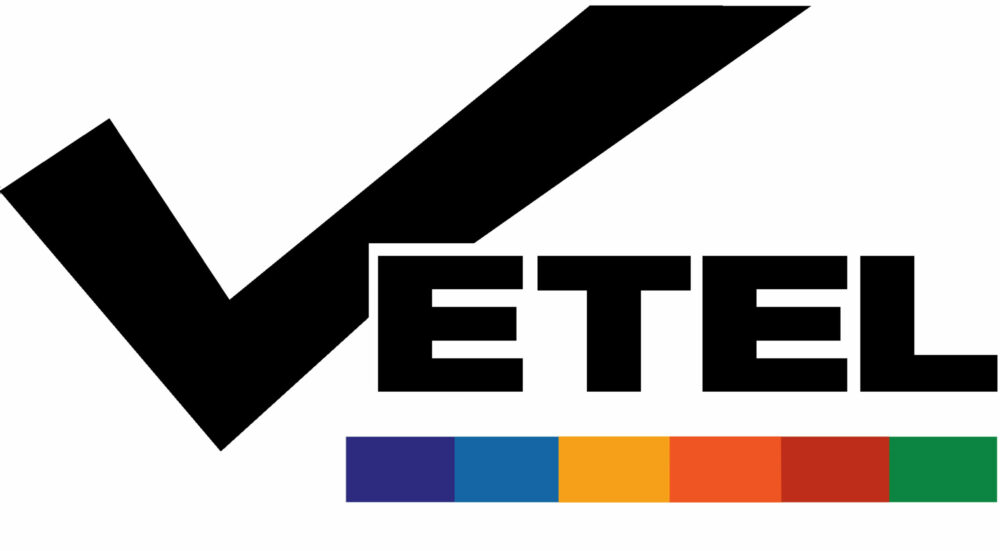Artificial Intelligence – Why should veterinarians care?
Artificial Intelligence (AI) can change the world of medicine. But how? And how will it affect the practice of veterinary medicine?
Deep learning is a type of AI in sophisticated software that utilizes neural networks, sometimes referred to as bioinformatics. When applied to diagnostic imaging, deep learning works by analyzing a bank of images to “learn” parts of the anatomy and judge what is considered “normal.” The more images the computer is given, the more precise its understanding becomes. Once the software learns what normal is, it can identify areas of suspected abnormality that need to be investigated further by the practitioner.
AI is evolving quickly and has much to offer veterinary medicine.
AI is efficient. It expedites the diagnostic process, offering the opportunity for an accurate diagnosis in less time. Veterinary practitioners are confronted daily with many concerns: How many individual clients can be seen in one day? How much time is consumed when exams and tests fail to diagnose a disease? What is being missed while working under the pressure of an over-booked schedule? Through AI, Vetel’s Metron software automates many of the tedious tasks that slow down an appointment and thereby a diagnosis. Metron’s images are automatically and correctly rotated, labeled, precisely measured, and analyzed. Additionally, Metron intelligent software is self-sufficient and simple enough to be quickly taught to technicians and assistants, freeing up time for the practitioner to spend with clients and create treatment plans.

What’s wrong with this picture? If someone is only expecting to see hounds, they may not observe all that is happening.
AI is more accurate than traditional diagnostic medicine because it alleviates human bias. Bias is something all humans are guilty of from time to time without knowing it. It is the tendency to search for and focus on information that confirms initial beliefs. Developments in artificial intelligence help improve the skill and efficiency of veterinarians, offering an additional perspective on what could be abnormal in an image besides the viewer’s current hypothesis. Erroneous judgments that cost time, compromise patient outcomes, and diminish client satisfaction, are greatly reduced when utilizing AI software technology.
In effect, AI helps enhance the capability to care for patients. The purpose of AI is to improve the efficiency and accuracy of the veterinarian, but AI can never replace the practitioner’s role in the diagnostic process. Recently, some forms of AI have been labeled “Robotic Medicine,” raising concerns as to the place for this technology in medicine and misinterpreted as a threat that replaces a veterinarian in some instances. However, the analysis and expertise of the veterinarian will always be necessary and irreplaceable in interpreting the data. AI simply bolsters a veterinarian’s abilities: there is more information from which veterinarians can quickly and accurately draw their diagnostic conclusions.
Medicine is on the precipice of a new era with AI software’s contribution to patient care.
With AI backing them up, veterinarians are not only able to better themselves as veterinarians, but a correct, quick, and confident diagnosis wins them a trusting client base. Satisfied clients return time and again, and refer others who want the best veterinary care for their animals. Don’t get left behind. Use intelligent imaging to become an even more remarkable veterinarian!
If you want to learn more about how Artificial Intelligence is already changing Veterinary Practice, please feel free to contact us.

